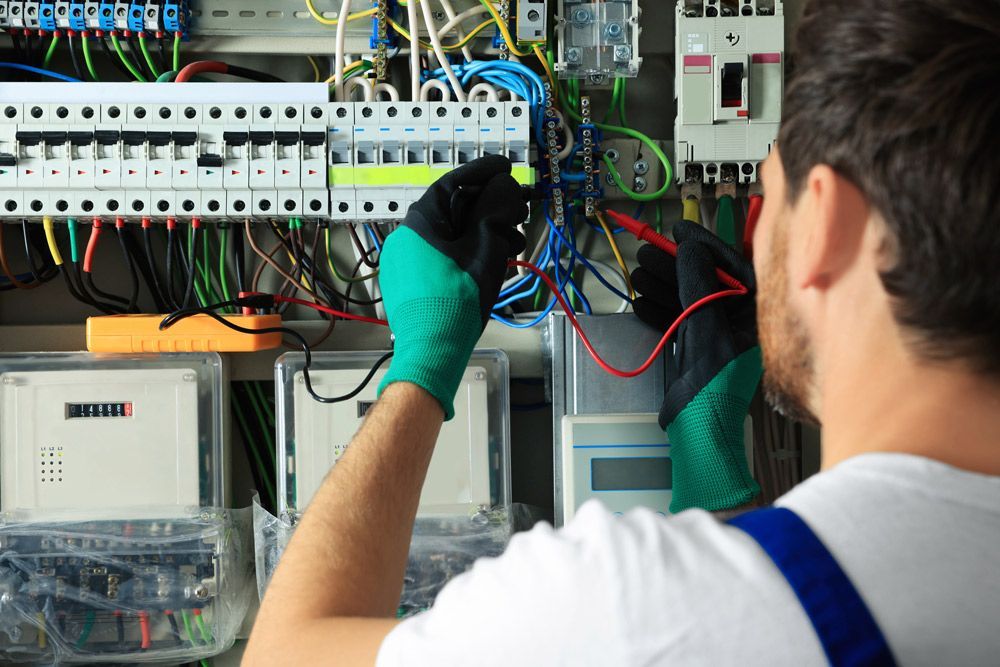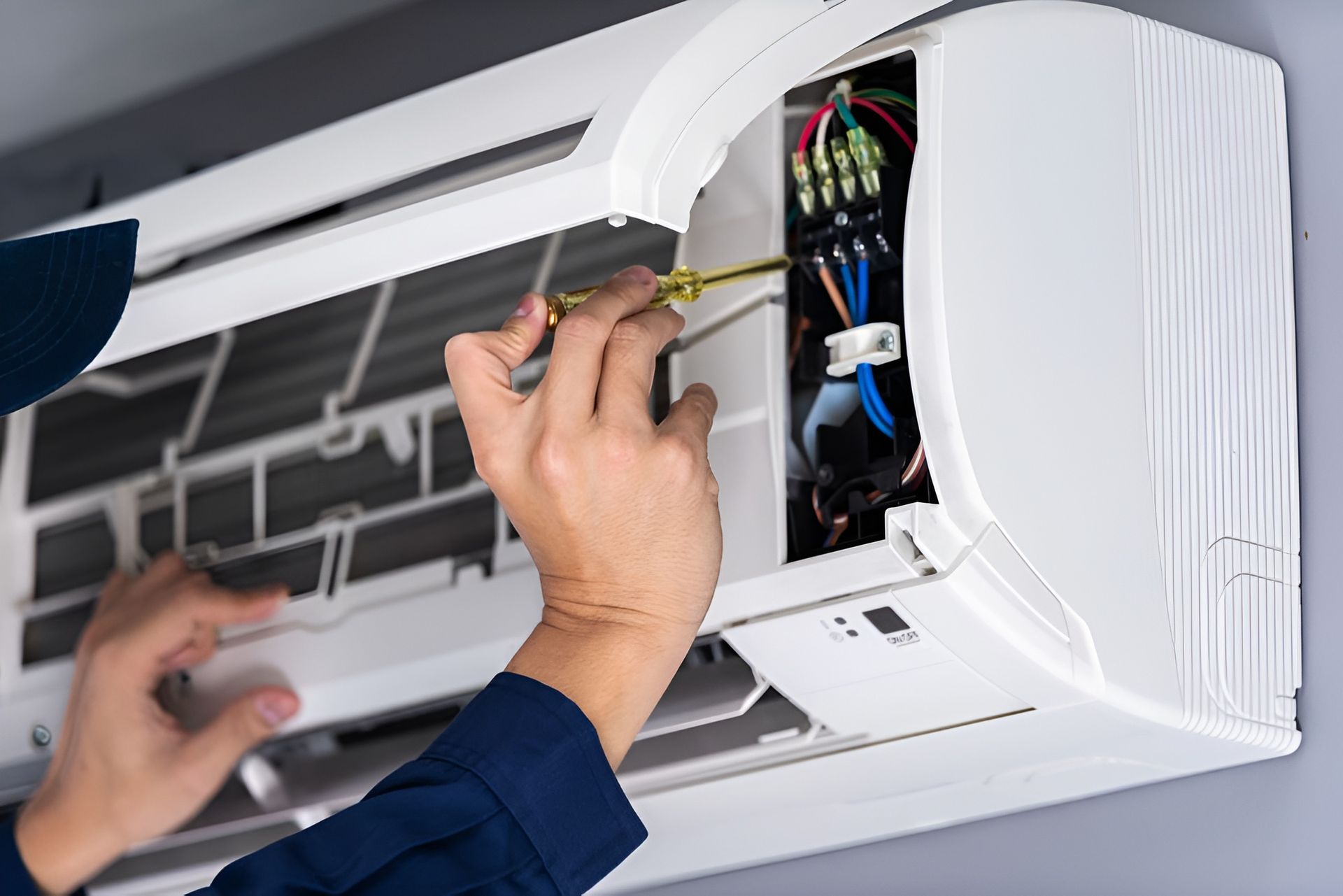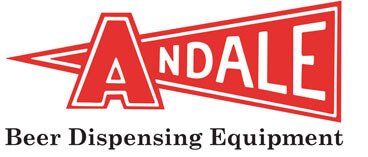How Low Refrigerant Levels Impact Your AC System
You expect your air conditioner to cool your home quickly, quietly, and consistently. However, when something’s off—such as weak airflow or rooms that won’t cool down, regardless of how long the system runs—low refrigerant could be to blame. While refrigerant isn’t something that gets “used up” like fuel, it can leak out over time or be lost due to system faults. When that happens, your AC won’t just underperform—it could be on its way to a costly breakdown.
If you live in Tamworth and rely on your air conditioning to get through long stretches of hot weather, understanding the role of refrigerant and its warning signs is essential.
In this blog, we’ll look at what low refrigerant levels mean for your air conditioner, the signs to watch out for, and why prompt servicing is key to avoiding more serious (and expensive) problems down the track.
Weak airflow from your vents? Low refrigerant could be the silent culprit.
When refrigerant levels drop, your system can’t absorb and transfer heat as effectively. This means the evaporator coil inside the indoor unit can’t cool the air that passes over it properly. The result? Air still comes out of the vents—but it’s weak and often feels lukewarm.
- The air feels less cool, even when the thermostat is set low
- Vents blow gently instead of with the usual strength
- Rooms take longer to feel comfortable
What’s happening behind the scenes is that your system is working harder for fewer results. That inefficiency puts pressure on the other components and reduces comfort throughout the house.
Wondering why your AC takes longer to cool? It might be starving for refrigerant.
Low refrigerant means the cooling cycle becomes slower and less effective. Your AC might still run, but it has to work harder to achieve the same temperature drop, often running for extended periods before you feel the benefit.
- Extended run times, even during mild weather
- Thermostat settings take longer to be reached
- Uneven cooling from room to room
Over time, this extra strain leads to wear on components such as the compressor and blower motor, thereby shortening their lifespan. Worse still, the longer cycles can cause your energy use to spike, even if your usage habits haven’t changed.
High energy bills with no change in usage? Your AC could be overworking.
One of the clearest signs of refrigerant problems is a sharp rise in your power bills. If your usage habits remain the same but costs are increasing, your AC may be consuming more power to compensate for its reduced cooling capacity.
What to look out for:
- Monthly energy bills increasing without a clear reason
- AC running longer but cooling less
- Needing to set the thermostat lower than usual to feel comfortable
This kind of overcompensation can go unnoticed until the bills arrive. Regular servicing can help identify pressure imbalances early and prevent these hidden inefficiencies from becoming budget blowouts.
Icy buildup on your evaporator coils? That’s a warning sign you shouldn’t ignore.
When the refrigerant is low, the pressure in your AC system drops. That lower pressure reduces the temperature of the evaporator coil, sometimes to the point where moisture in the air freezes on contact. What starts as frost can become a solid block of ice that stops the system from functioning entirely.
- Ice forming on the indoor unit or refrigerant lines
- Water dripping from the indoor unit (as the ice melts)
- AC shuts off or stops cooling suddenly
Ice on the coil isn’t just a symptom—it’s a hazard. It restricts airflow, causes sensors to malfunction, and can damage internal components if left unchecked for too long.
Strange hissing sounds near your AC unit? It could be a refrigerant leak.
Refrigerant leaks often start small and go unnoticed. But they’re one of the most common causes of low refrigerant levels—and a major red flag. A hissing or bubbling noise near your indoor or outdoor unit could indicate that gas is escaping from a line, connection, or valve.
- Unusual hissing or bubbling sounds when the unit is on
- Oil residue around fittings or service ports
- Loss of cooling performance over weeks or months
Leaks can’t be fixed with a top-up. The system must be properly sealed, pressure-tested, and refilled to the correct levels by a licensed technician.
Low refrigerant doesn’t just affect cooling—it could destroy your compressor.
The compressor is the heart of your air conditioning system. It compresses the refrigerant and circulates it through the system. When refrigerant levels are too low, the compressor can overheat or be forced to run dry. That kind of strain leads to failure—and compressor replacement is one of the most expensive AC repairs around.
Risk factors:
- System repeatedly short cycles (turns on and off quickly)
- The outdoor unit is hot to the touch or unusually noisy
- Burning smell or tripping circuit breakers
Long-term impacts:
- Permanent compressor damage
- Complete system failure
- Costly repairs or full replacement of the unit
Prompt attention from a qualified technician can catch issues before the compressor is damaged beyond repair.
Regular servicing prevents refrigerant-related damage before it starts.
The most effective way to avoid refrigerant issues is through routine maintenance. A thorough inspection by a technician can detect low levels, test system pressure, check for leaks, and ensure all components are running as they should.
What’s included in a refrigerant-related service:
- Pressure testing and leak detection
- Inspection of coils, valves and lines
- Cleaning of the evaporator and condenser coils
How often should you book?
- At least once a year, ideally before peak summer
- More frequently, if your system has a history of issues or is more than 5 years old
Why it matters:
- Avoids emergency breakdowns in extreme heat
- Improves efficiency and lowers running costs
- Extends the life of your air conditioning system
Routine servicing is an investment in comfort, safety, and savings—especially in Tamworth, where air conditioning is essential for much of the year.
Looking for Expert Air Conditioning Near You? Let’s Talk.
At Premiair Refrigeration, Air Conditioning & Electrical, we understand the vital importance of reliable air conditioning for homes in Tamworth. If you’ve noticed any signs of weak airflow, rising bills, or strange noises, don’t ignore them—these could be early signs of low refrigerant levels. Our team offers prompt, professional servicing to detect and fix refrigerant issues before they lead to major damage. Contact us through our contact page to schedule a consultation or request a service today. Let’s keep your home cool, efficient, and comfortable all year round.























